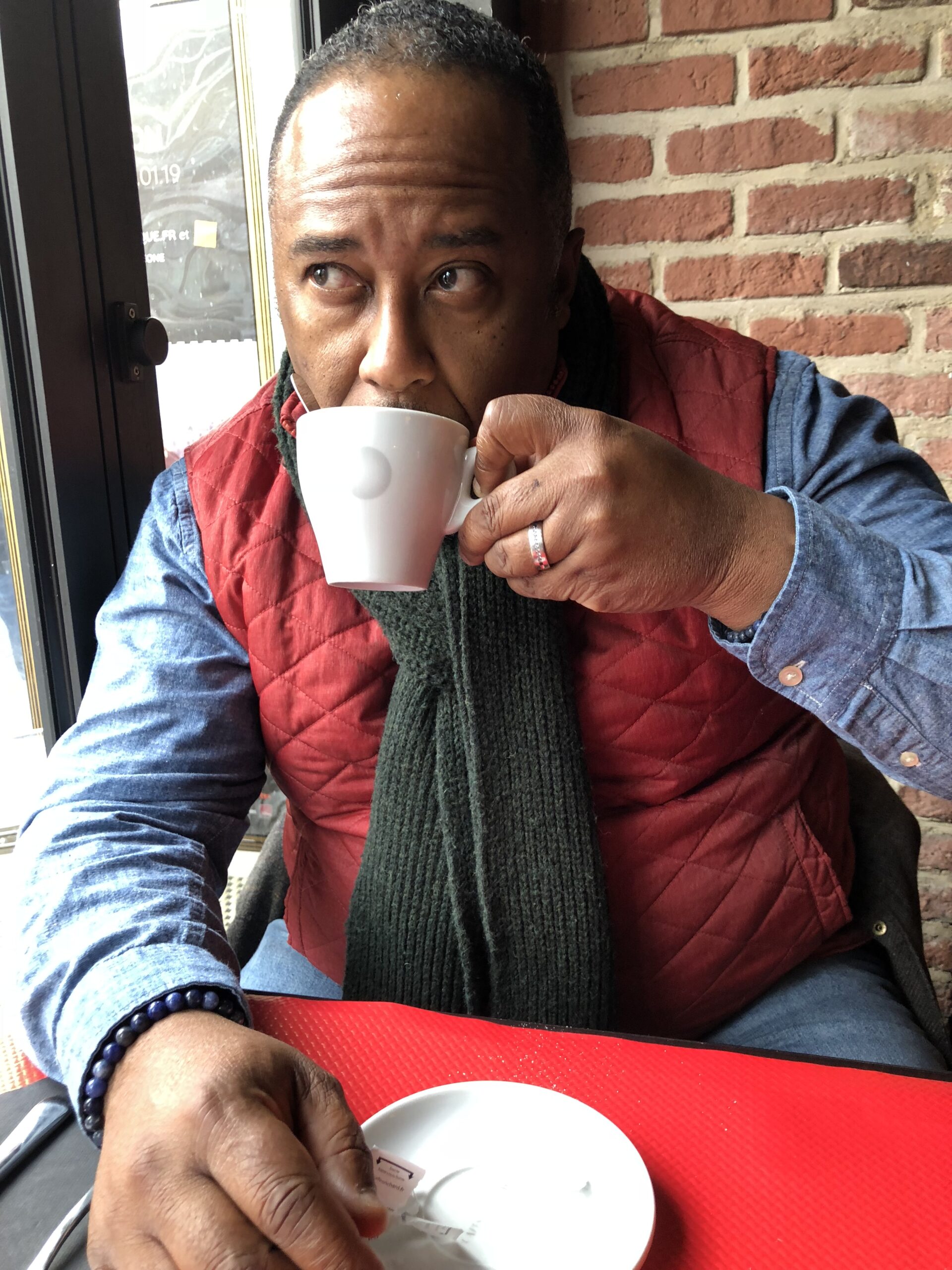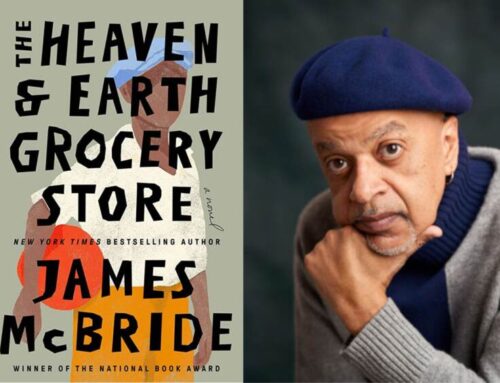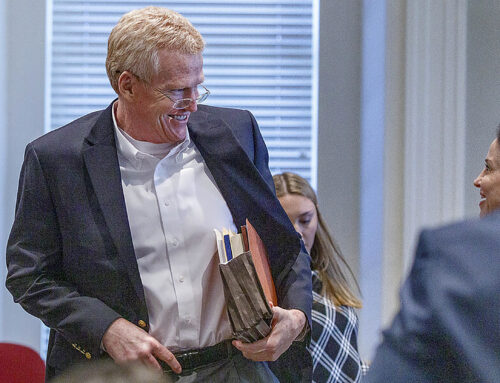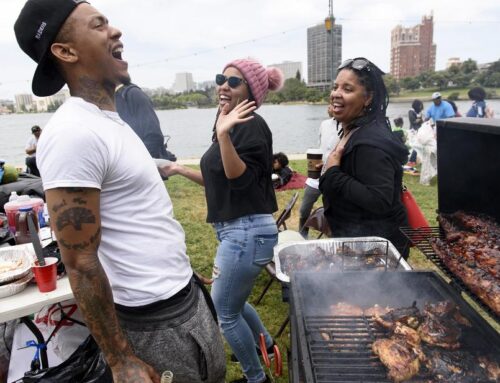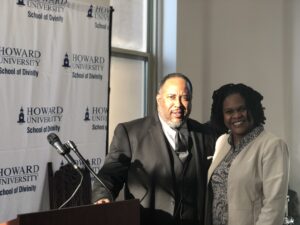
Dean Yolanda Pierce Howard University School of Divinity
“Important update” is how the email message began. The message was in relation to an online “pep rally” of sorts for the upcoming PBS documentary called The Black Church: This Is Our Story. This is Our Song. The update shared that there had been two new additional panelists added to the program. The two new voices would be women. Obviously, someone forgot that black women were instrumental in telling the story of the black church. So they enlisted two very brilliant women to serve.
I awoke this morning still disturbed about the message and the possibility of what the webinar may have been without the input and voice of black women. Now, I don’t want to be that guy that’s always upset and moaning about something not being done appropriately or at least to my liking. I normally just keep it moving, but this one got to me just a little. For some reason it reminded me of all the different , but same old conversations I’ve had to engage on the role of women in the pulpit.
Growing up in the South it was very common, particularly in the baptist tradition that women would not hold any significant role in the church. And the idea of women preaching….well, forget about it, just not gonna happen. But over a lot of time we have made some progress. But clearly not enough, because there are still houses of worship in the black church where women can not stand and preach the Gospel.
It has often been the defense that the Apostle Paul instructs us in this regard while speaking in 1 Timothy where he writes the bishop/preacher should be blameless (now we could just stop right there and never have another preacher period) but he goes on to say the husband of one wife and that’s where the church hung its hat. Now, if this was to be the chosen path for any denomination or group of people it certainly should not have been the black church.
It should go without saying that without the contribution and dedication of black women the black church would have died long ago. For much of the 19th and early 20th century it was the black woman that encouraged her family and community in the faith. Black women gave the money that paid the bills for the church. Black women sacrificed to work both at home and in church. Black women filled the pews of these institutions on a weekly basis with their children by their sides. Meanwhile men dominated the leadership and left the sustainability aspect of the church in the hands of free laboring women. It was the women who made sure the children were rooted and grounded in a faith while the husbands focused their loyalties in other directions.
Well, at least in my family this was the case. It was the women folk who trained us in the faith. My great-grandmother Hattie Gibson in Courtland, Alabama walked over one mile to church 3 times a week, I’m told, with her children in tow. Meanwhile her husband Sam stayed back and rested up for the week. One of those children who learned the faith was my maternal grandmother, Lizzie T Smith. She, just as my paternal grandmother Carolyn Slayton, would inherit those lessons and traditions and do the same with their combined 14 children, while their husbands stayed home recovering from a nights outing with the boys.
One of Lizzie’s daughters, my mother, would take the baton and instill that same respect and appreciation for the Christian faith and the black church in her children. Delores learned the lesson and learned it well. I my childhood memories are filled with stories from our times growing up in Mt Canaan Baptist Church. Today, I carry the message as an ordained Baptist
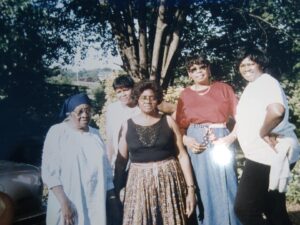
My maternal grandmother Lizzie T Smith and her girls
preacher, because of the influence that black women through the black church had on me. Still there are those in my family who hold dear to what Paul wrote. For the record, if we were to subscribe to the instruction of that New Testament writing as the litmus test for preaching then consider the prospects and qualifications of two men in particular. If you were required to be the husband of one wife and ruling, in someway, over your children, simply put, neither Paul nor Jesus would have qualified to preach the Gospel.
That’s why I’m so glad that one of the added speakers to the panel was none other than the Rev. Dr. Yolanda Pierce, Dean of the Howard University School of Divinity. Without her presence it’s entirely true that the presence and role of black women in the church may have been reduced to a closing prayer. Women would have been expected to cheer on the airing of this documentary next week on the 16th and 17th, but not included in the public promotion. But thank God for the Dean. Dr. Pierce seized the moment as she skillfully and brilliantly began to set the record straight for all those listening, that if it had not been for black women the black church would have reached the demise proclaimed by Eddie Glaude in 2012, when he declared “the black church was dead,” a whole lot sooner. She spoke with confidence and a precision necessary for the discourse. And once again a black woman SAVED the black church and I’m so glad she did. I really just wanted to say thank you to Dean Pierce. HU You Know!!!
